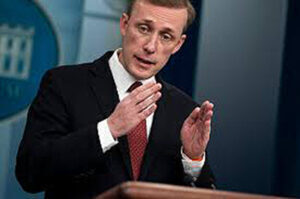When Fidel Castro emerged from a personal meeting with then-Vice President Richard Nixon in April 1959, his fate was sealed. The leader of the Cuban Revolution had traveled to the US capital, not to seek enemies, but to explain why the Cuban people had mobilized against the tyranny of Fulgencio Batista. But the leader of the undisputed world power was struck by the guerrilla commander’s strong sense of dignity and, above all, by the fact that he asked for absolutely nothing in return: no scholarships, no loans, no recognition. Nixon wrote in his report on the conversation that, somehow, they had to “get rid” of this new type of Third World leader.
In reality, the intentions to physically eliminate Fidel predated this meeting and were never publicly discussed.


